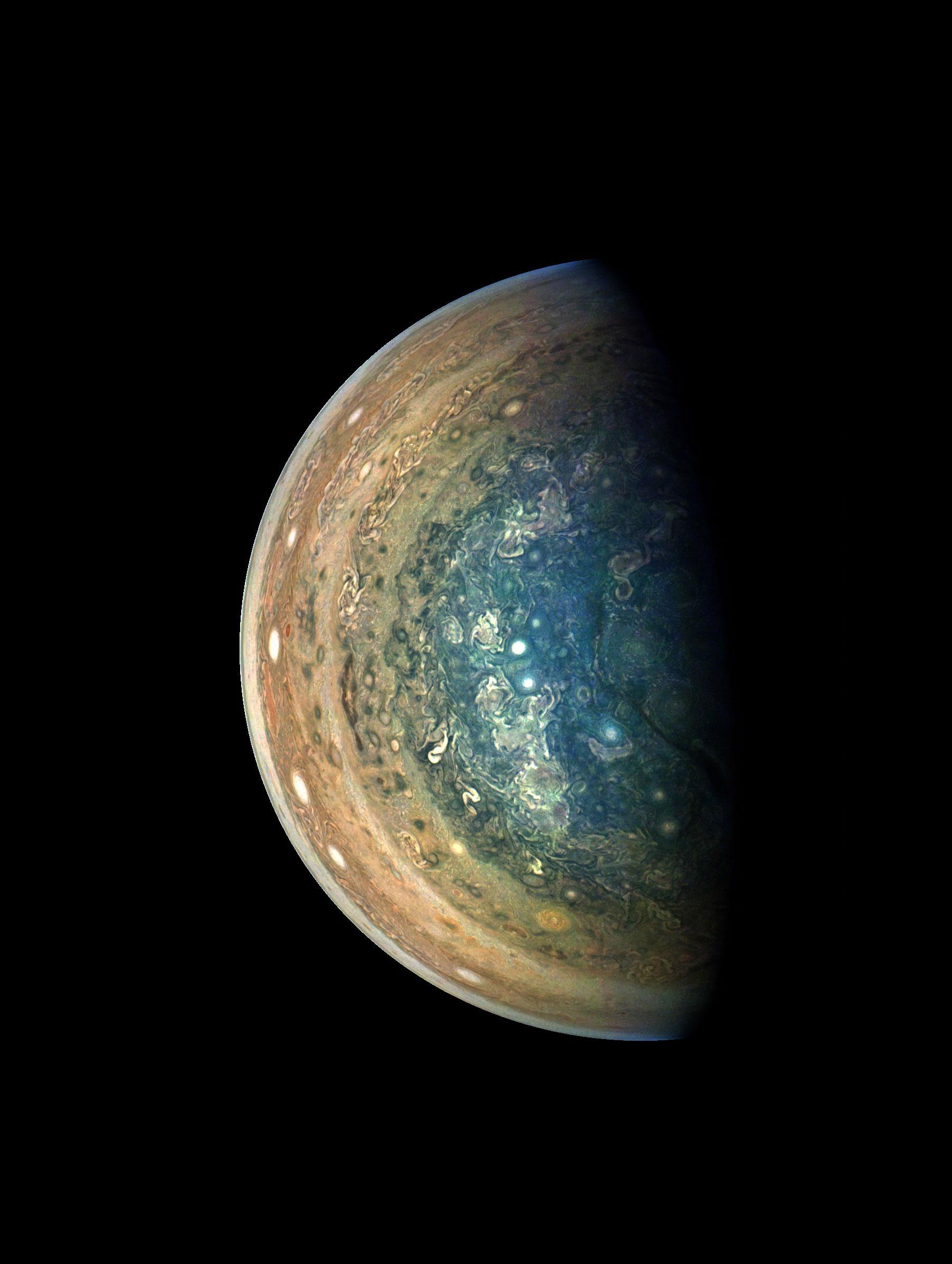Relevant text:
According to the research, lab-grown P. album was observed to break down a given piece of UV-treated plastic at a rate of roughly 0.05 percent per day for every nine-day period. Which isn’t nothing, but it’d take a very long time for the bacteria to get through the entirety of the Great Pacific Garbage Patch, let alone the millions of metric tons of plastics that enter the ocean every year.
Given the abundance of plastic and the chemical energy it contains, it is not really surprising to see lifeforms evolve to digest it… I wonder how long it will take for them to be seen as a “solution” (to plastic polution), to a “problem” (e. g. by destroying plastics outdoor, or just by unballancing ecosystems).
Another piece is they aren’t necessarily making the problem go away they might just be shifting the problem by digesting the plastic and creating another “forever” chemical problem.
They are really slow, so a solution or issue… not really. I assume that they are the same kind of organism that already existed for oil, did anything evolve?



